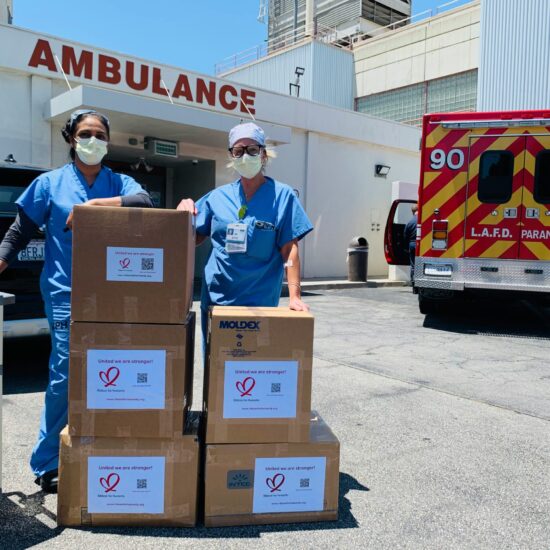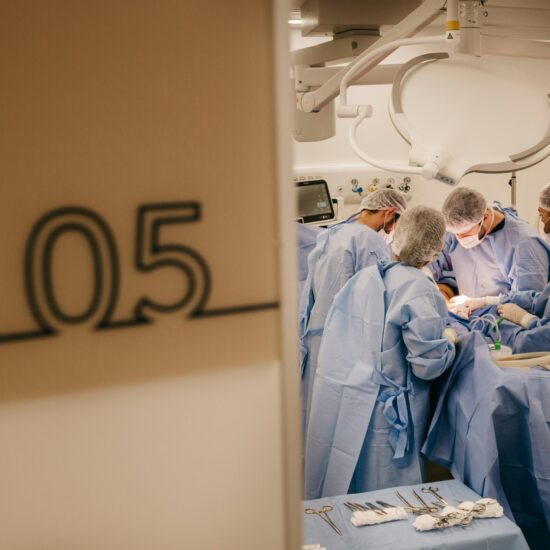
 In Albany last month, to an audience of state nursing leaders and policy-makers attending the American Nurses Association – New York’s (ANA-NY) annual meeting, CHMP founder Barbara Glickstein gave the keynote address. The meeting, open to nurse members and non-members alike, focused on ethical dilemmas in nursing, and challenges to professional change and progress. Opening her talk on social media, Barbara began with a recent media anecdote – the Miss Colorado stethoscope debacle that unearthed itself in mid-September, via the popular talk show, The View.
In Albany last month, to an audience of state nursing leaders and policy-makers attending the American Nurses Association – New York’s (ANA-NY) annual meeting, CHMP founder Barbara Glickstein gave the keynote address. The meeting, open to nurse members and non-members alike, focused on ethical dilemmas in nursing, and challenges to professional change and progress. Opening her talk on social media, Barbara began with a recent media anecdote – the Miss Colorado stethoscope debacle that unearthed itself in mid-September, via the popular talk show, The View.
Her point? Nurses are powerful, and even more powerful when they harness social media. After two hosts of the View made disparaging comments in response to a clip of Miss Colorado’s Miss America Pageant monologue about her work as a nurse, nurses led direct, immediate, social-media-driven change – advertisers pulled their business from the program in response to the profession’s online outcry. Dr. Oz opened a nation-wide search for a nurse expert. A Facebook campaign still drives followers toward offline action, like federal petitions on staffing.
But Barbara didn’t come to congratulate, she came to mobilize. In a rousing speech on claiming our power as nurses, she not only explained how social media amplifies our power, but equipped the audience with tools to use it. She touched on broad themes like the power in storytelling, and on specific tips, like how to blend your social media platforms with personal and professional content. Through Barbara’s charisma and expertise, social media’s power, blended with nurse’s ethical strength, became a reality for change.
Barbara is an internationally-known public health expert, health journalist and consultant. In addition to her advocacy of nurse-media fluency, she works with Carolyn Jones, the creator of the film, The American Nurse. The film was shown for the ANA-NY audience, and Barbara followed with anecdotes on the power that participant-nurse stories had on Carolyn, and creators of the film.
Here are ten quotes – some inspirational, some prescriptive – from Barbara’s address:
Nurses are an obvious and terrific untapped resource for the
media, and as our media landscape shifts, more
opportunities and a more diverse set of outlets need your
expertise and commentary.
To influence policy and become a catalyst in the
conversation about health care, nurses must advance their
digital literacy to advance the health of the public and
healthy public policies.
We will continue to shift the media coverage and public’s
understanding of our work as part of the health care team
by changing the question from, ‘Do you care about nurses?’
to, ‘how can nurses’ expertise and power be utilized to the
top of our education and license to improve the quality,
safety and equity of healthcare in America?’
Your power includes your ability to tell stories.
It’s well-covered territory but it bears repeating that being a
successful professional, student, worker, leader, and citizen
in the 21st century means knowing how to find and
evaluate information online, maintain a compelling and
respectable online reputation, communicate clearly and
efficiently, and protect your own privacy and others.’
If you have a doubt about posting something online, don’t.
That’s my personal rule.
I encourage every nurse to pitch a story to a source outside
the traditional outlets for so-called serious writing. Just
because it has a headline that will attract readers from
outside your traditional readership or because you might be
asked to write it in a more audience-friendly way doesn’t
make the analysis or the information lesser than if it’s
published in some place considered super-serious.
The latest data on nursing and the media is from the 1997
Woodhull Study on Nursing and the Media that was
commissioned by Sigma Theta Tau International, funded by
the Robert Wood Johnson Foundation, and conducted by
the University Of Rochester School Of Nursing.
This data is old and needs to be repeated.
In 1997, nurses being cited in health-related articles:
– 4% in 7 major newspapers
– 1% in news magazines
– 1% in trade publications
WE MUST CHANGE THAT.
You’re an expert in your field and you
want to share this with the world. Pick a couple of “beats”
and focus your tweeting on those beats. Find other folks
tweeting about these topics and have conversations with them.
Don’t write for the person who sat next to you in your
doctoral program or clinical DNP class; write for the
person who is going to read your piece at the nail salon.








